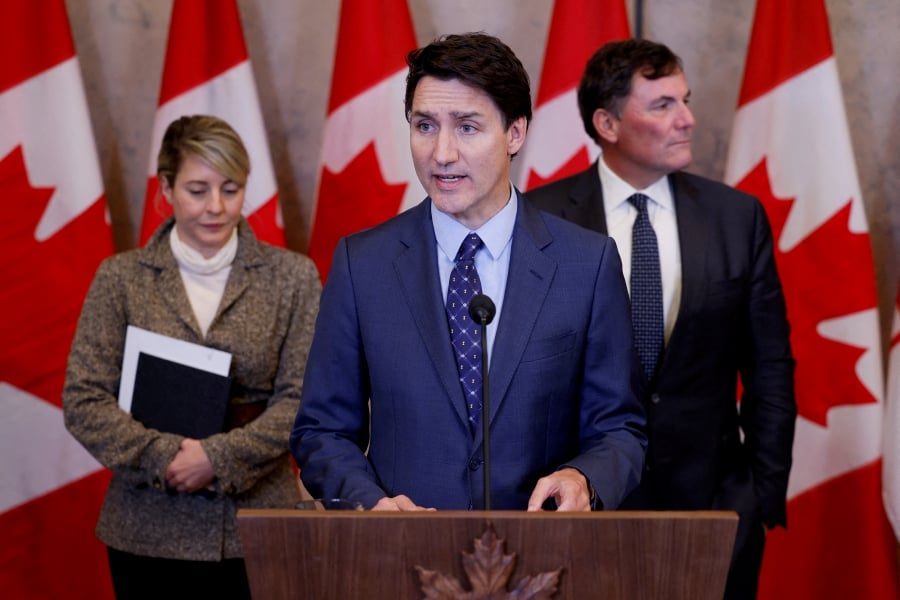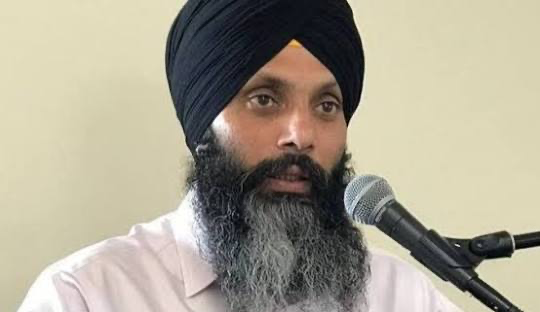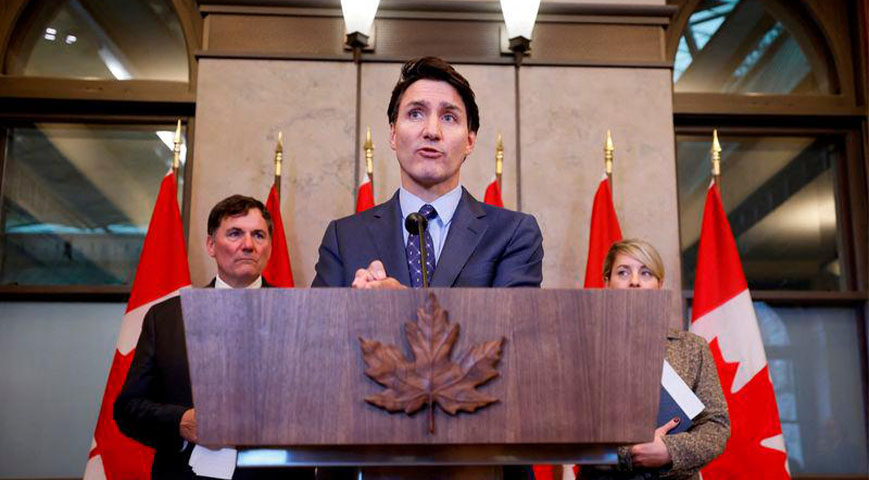A diplomatic crisis has erupted between Canada and India after Ottawa expelled six Indian diplomats, including the high commissioner, linking them to the murder of a Sikh separatist leader, Hardeep Singh Nijjar.
In retaliation, India expelled six senior Canadian diplomats, including the acting high commissioner, and withdrew its envoy from Canada. This marks a significant deterioration in relations between the two nations.

Canadian Prime Minister Justin Trudeau, who had previously claimed that Indian agents were involved in Nijjar's assassination on Canadian soil, reiterated these allegations. Trudeau stated that Canada now has "clear and compelling evidence" of India's involvement in activities that pose a severe threat to public safety.
Did you read this?
These include espionage, coercion, and over a dozen violent acts, such as murder, targeting South Asian Canadians.
India has vehemently denied these accusations, dismissing Trudeau's claims as part of a "political agenda." The Indian government also cited concerns over the safety of its diplomats in Canada, stating that it lacked confidence in the Canadian government's ability to ensure their security.

The Royal Canadian Mounted Police (RCMP) accused India of orchestrating a campaign targeting Indian dissidents in Canada, involving homicides and extortion, and using organized crime to threaten the South Asian community.
Despite Canada's request to waive diplomatic immunity to investigate the accused diplomats, India refused, leading to their expulsion.

Canadian Foreign Minister Mélanie Joly emphasized that while Canada does not seek a diplomatic confrontation, it will not tolerate foreign interference, harassment, or threats to its citizens.
This latest incident follows Canada's move in October 2023, when it withdrew over 40 diplomats from India after New Delhi demanded a reduction in Ottawa's diplomatic presence.
Relations between the two countries have worsened, with experts doubting a return to normalcy anytime soon.









